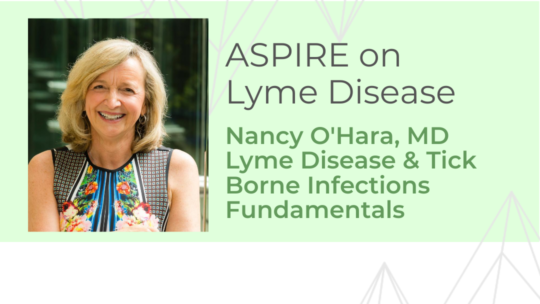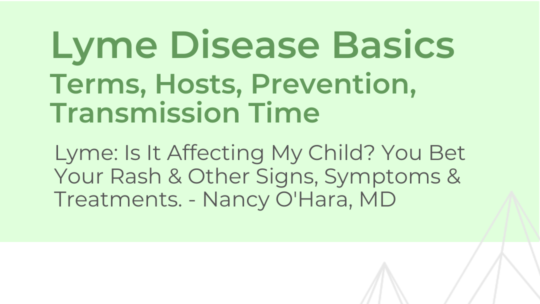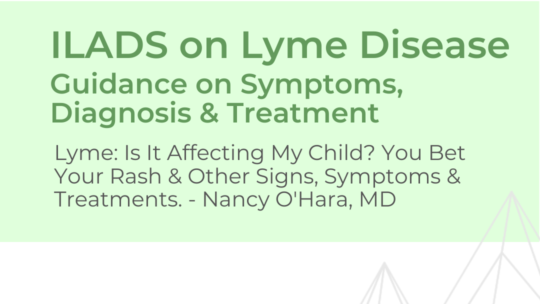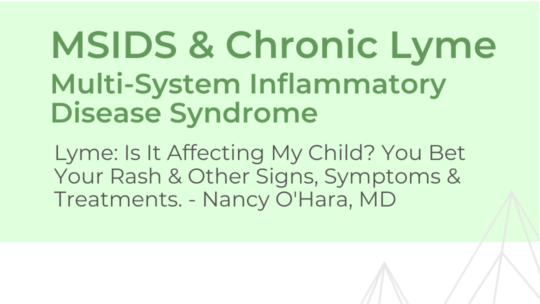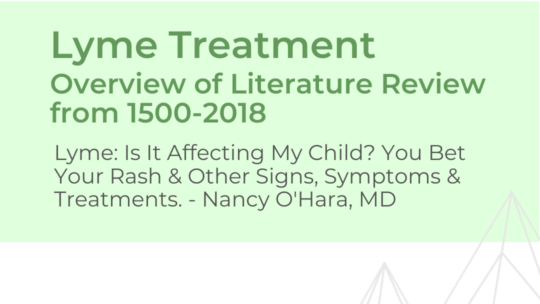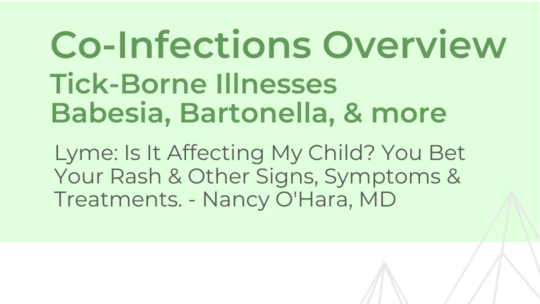Chain Jennifer L., Alvarez Kathy, Mascaro-Blanco Adita, Reim Sean, Bentley Rebecca, Hommer Rebecca, Grant Paul, Leckman James F., Kawikova Ivana, Williams Kyle, Stoner Julie A., Swedo Susan E., Cunningham Madeleine W. Autoantibody Biomarkers for Basal Ganglia Encephalitis in Sydenham Chorea and Pediatric Autoimmune Neuropsychiatric Disorder Associated With Streptococcal Infections. Jnl Frontiers in Psychiatry. Vol.11, 2020. DOI.10.3389/fpsyt.2020.00564
See Dr. Susan Swedo on new research on Autoantibody Biomarkers for Basal Ganglia Encephalitis for PANDAS and SC

